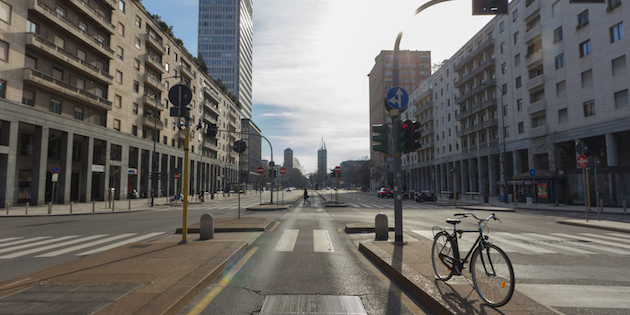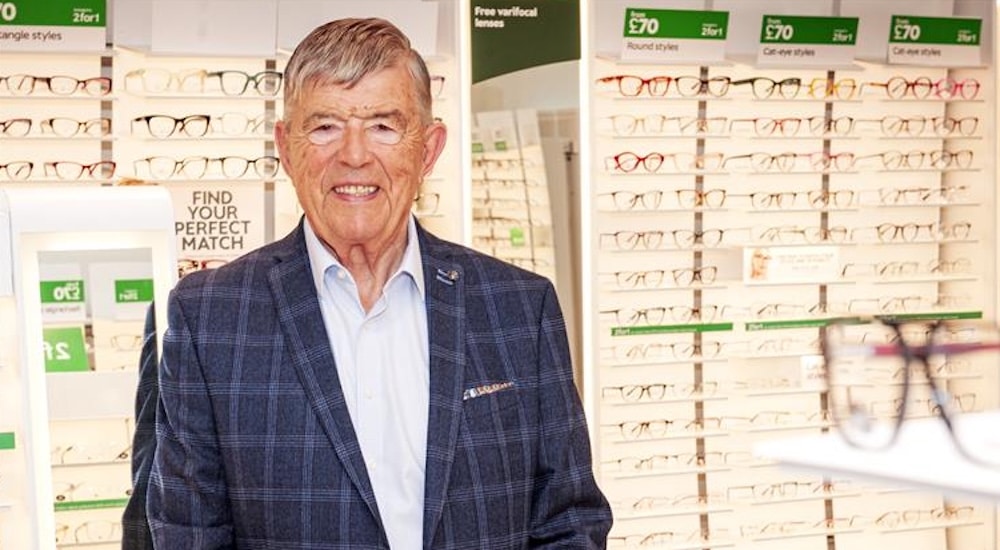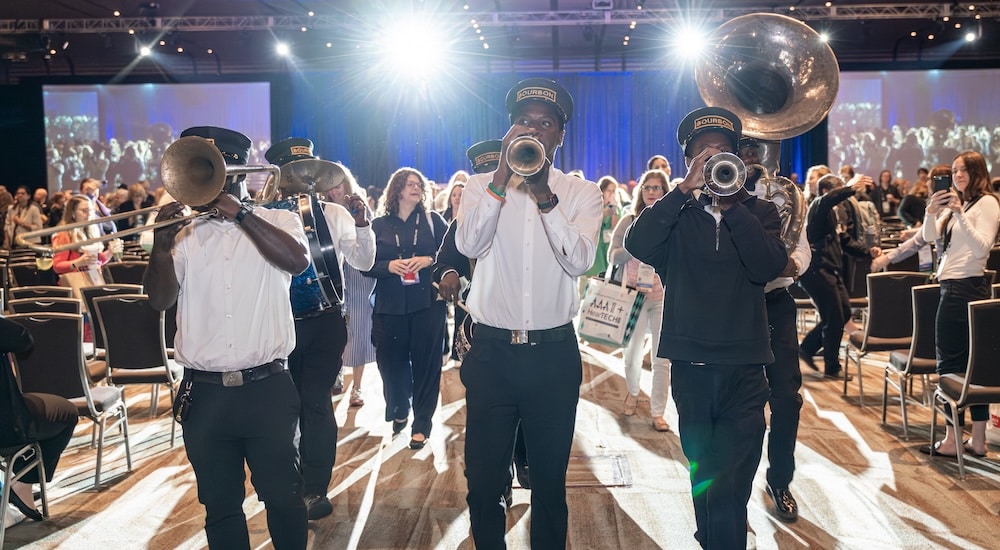AWN Coronascope: Audiology in Italy
crisis
It is a news area subject to major changes every day, but the diverse responses of audiology practices across Europe have been watched by editors of Audiology Worldnews' sister publications. From Europe's hardest hit territory, this report compiles information provided by Audio Infos Italy editor-in-chief Claudia Patrone.

ITALY
The effect of legal requirements and professional guidelines across Europe has seen responses ranging from nationwide conversion to remote assistance, to brave attempts to keep doors open within the laws and around shortages of material. As specialist outlets for the retail of medical articles, and therefore shops of basic necessities, hearing centres in Italy can remain open, but only if they meet stringent conditions.
Health service restrictions affect audiologists, who clearly fall under the postponement rules for specialist visits or non-urgent appointments (which affect even surgical and oncological visits). But the window for continuing to open has, nevertheless, been provided and seized to help patients in a society shaken by fear and high infection statistics.
Italy under quarantine
From the evening of March 9, Italy was ordered into a lockdown measure, although several areas in the hardest-hit north of the country were placed under these restrictions earlier, on February 23. All non-essential or non-strategic activities were ordered to cease. Groceries, pharmacies, and shops with basic necessities have been allowed to open, and essential services to run.
By April 1, total confirmed Covid-19 cases in Italy were closing on 106,000, with almost 12,500 deaths from Covid-19 complications.
Under the restrictions, on which full details can be checked—in English—at the Italian government's civil protection site here, penalties for people on the street without proven necessity range from 400€ to 3000€, with possible prison sentences of up to five years. For the at-risk elderly, who are strongly advised not to leave the house, free public services are provided, such as home delivery of basic necessities and drugs.
Effect on healthcare
In the healthcare sector, the public-private dichotomy has been rendered irrelevant: what applies to public health, also applies to private health, and the subjective rights—including economic rights—of those practising under the latter are subordinated to public health interests.
- A distinction is drawn between suspendable and mandatory interventions: under the current restrictions, suspendable interventions means they must be suspended.
- Where possible, suspended activities are being replaced by remote management methods: teleaudiology, tutorials for therapeutic and rehabilitation education aimed at patients and/or caregivers, and tele-counselling.
- Mandatory interventions must be carried out in line with maximum safety measures on the part of visiting persons and health professionals. The social limitations adopted by the government allow hearing centres to be open to the public on the grounds that they are specialist outlets for the retail of medical articles, and therefore shops of basic necessities. The strict provisos, however, are: safety conditions must be met and guaranteed, these being the limiting of public access to businesses to avoid crowds; a distance of at least one metre to be respected between visitors and healthcare professionals; and providing disinfectant solutions for hand hygiene to workers, as well as users and visitors. Failure to comply with these requirements may bring the penalty of activity suspension. If structural, space distribution, or organisational conditions do not allow compliance with the one-metre interpersonal safety distance, the shop must be closed.
- To ensure maximum hygiene in work spaces, it is currently recommended that audiological tests not be carried out in soundproof spaces frequented by different patients, or in closed, poorly ventilated spaces, or those covered with porous materials.
- The health conditions of visitors must be rigorously and continually assessed, with any suspected Covid-19 cases being reported to the Hygiene and Public Health Services department. Patients suspected of having developed Covid-19 should be advised to contact the local health authority.
Source: Audio Infos Italy


